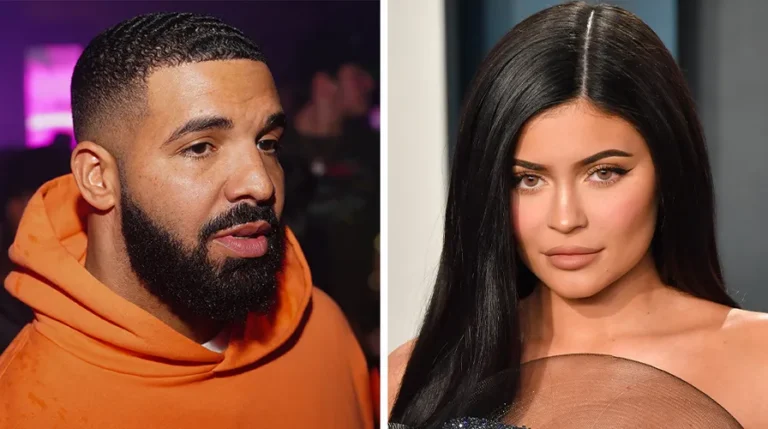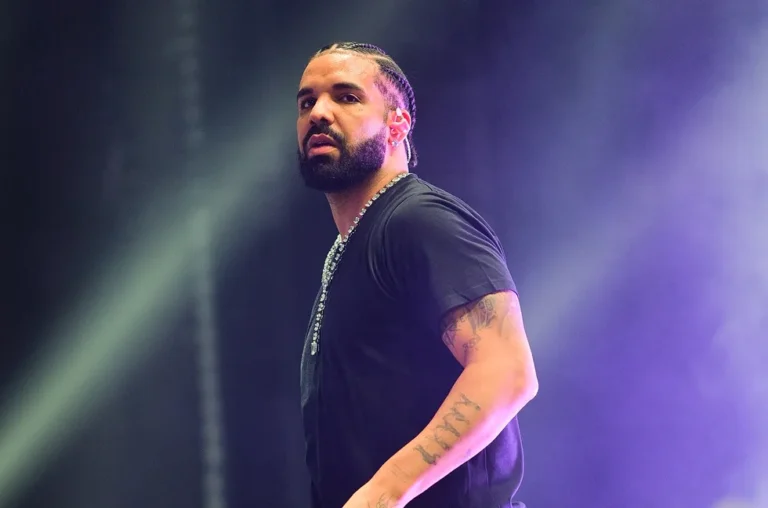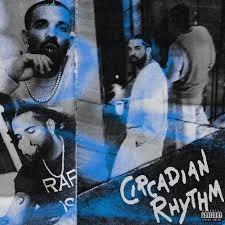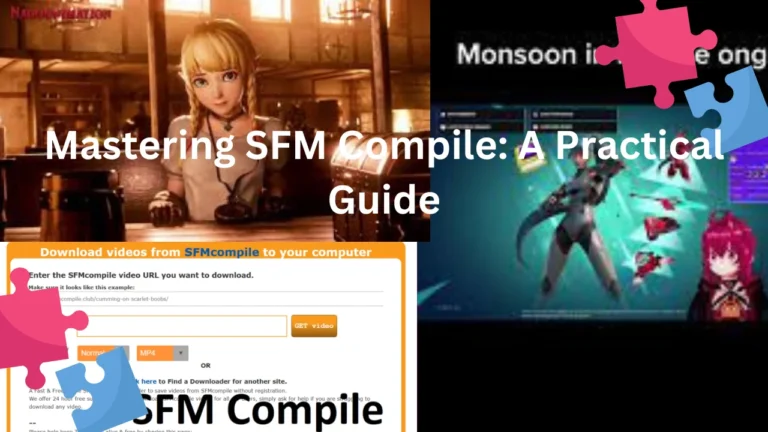The Impact and Implications of the Drake Leak
In the world of entertainment, particularly in music, few names command as much attention as Drake. The Canadian rapper, singer, and songwriter has been a dominant force in the industry for over a decade, creating music that transcends genres and generations. Yet, in 2024, an incident commonly referred to as the Drake Leak sent shockwaves across the industry, igniting debates about artistic integrity, data privacy, and the impact of leaks on both artists and fans.
What Happened?
The Drake Leak refers to the unauthorized release of a significant portion of Drake’s unreleased music catalog. This included songs rumored to be from upcoming projects, unfinished demos, and collaborations with other high-profile artists. While details surrounding how the leak occurred remain unclear, speculation points to a potential breach of studio servers, a compromised digital storage system, or insider actions.
The leak unfolded in stages. Initially, snippets began circulating on social media platforms like Twitter, Instagram, and TikTok, sparking curiosity and excitement among fans. Within days, entire tracks surfaced on file-sharing websites and streaming platforms not affiliated with Drake’s official channels. This uncontrolled dissemination raised questions about the security measures in place for protecting artists’ work and the ethical implications of consuming leaked content.
Immediate Reaction from Fans and the Industry
Fans, predictably, were divided. Many expressed excitement over the new material, celebrating the opportunity to hear what could have been kept under wraps for years. Others condemned the leak, arguing that it violated Drake’s creative process and disrespected his artistry. The music industry, however, reacted with a unified front of concern, as this incident highlighted vulnerabilities that could affect any artist.
Major record labels, including Drake’s own, Universal Music Group, released statements condemning the leak and warning fans against consuming unauthorized material. Streaming platforms like Spotify and Apple Music worked swiftly to remove leaked tracks uploaded by unofficial sources. Despite these efforts, the rapid dissemination of digital content made it nearly impossible to control.
The Ethical Dilemma of Consuming Leaked Music
The leak raises an age-old question in the music industry: is it ethical to consume leaked material? For many fans, the temptation to listen to unreleased songs by one of their favorite artists is overwhelming. However, doing so often undermines the artist’s control over their narrative and creative output.
Drake has always been strategic about how and when he releases music. Leaks disrupt this process, potentially affecting the momentum of official releases and the commercial success of planned projects. Furthermore, many leaked tracks are unfinished or experimental, not intended for public consumption. Hearing such works can lead to misinterpretations of the artist’s vision, as these songs may lack the polish and intention behind an official release.
Security Concerns in the Digital Age
The Drake Leak also underscores the growing challenges of safeguarding creative work in a highly digitalized world. In the past, unreleased tracks were stored on physical tapes or hard drives with limited access. Today, songs are often saved on cloud-based platforms or exchanged electronically between collaborators, increasing the risk of breaches.
High-profile artists like Drake are particularly vulnerable due to the immense value of their work. Hackers or insiders may target unreleased music for profit, knowing that leaks can generate significant attention and, in some cases, financial gain through black-market distribution or ad revenue from unauthorized uploads.
The Financial Implications
Leaked music can have tangible financial consequences for artists and record labels. For instance, if leaked tracks overlap with planned album releases, they can diminish the novelty and impact of the official launch. This could lead to reduced streaming numbers, lower album sales, and diminished chart performance.
Moreover, leaks often force artists to rush their release schedules. In the case of Drake, this could mean abandoning carefully planned marketing campaigns or reworking tracklists to replace leaked songs. Such disruptions not only strain resources but also compromise the creative vision of the project.
Lessons for the Music Industry
The Drake Leak serves as a cautionary tale for the music industry, emphasizing the importance of robust security measures and contingency plans. Record labels must invest in advanced encryption technologies, secure file-sharing platforms, and comprehensive employee training to prevent leaks. Artists, too, may need to adopt more stringent practices when storing and sharing their work.
Additionally, the industry must consider the role of fans in combating leaks. Encouraging fans to wait for official releases and educating them on the consequences of consuming unauthorized material could help mitigate the impact of future leaks. Social media platforms and file-sharing websites must also be held accountable for facilitating the spread of leaked content.
Drake’s Response
Drake himself has remained largely silent on the leak, a strategy that aligns with his typically measured approach to controversies. However, sources close to the artist suggest that the leak has prompted him to reassess how he handles unreleased material. It is possible that some of the leaked tracks could find their way onto an official release, while others may be shelved indefinitely.
Historically, artists have responded to leaks in various ways, from reworking leaked tracks to releasing them as surprise projects. How Drake chooses to address this incident could set a precedent for how other artists handle similar situations in the future.
A Symptom of a Larger Problem
Ultimately, the Drake Leak is not an isolated incident but rather a symptom of broader challenges facing the entertainment industry in the digital age. From cyberattacks to intellectual property theft, artists and creators are constantly navigating threats that can undermine their work and livelihood.
For fans, the incident serves as a reminder to respect the artistry and labor that goes into creating music. For the industry, it highlights the urgent need for stronger protections and a collective effort to uphold the integrity of creative works. As technology continues to evolve, so too must the measures to safeguard the music that shapes our culture and connects us all.






